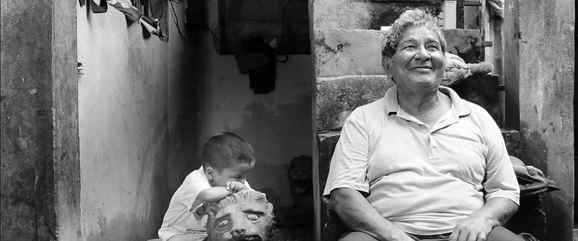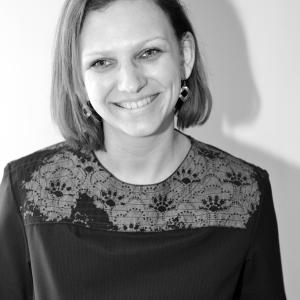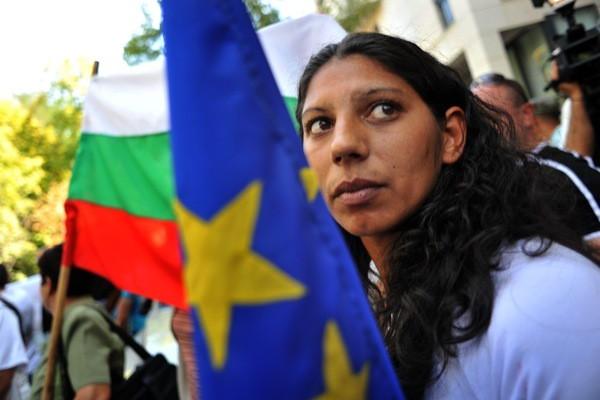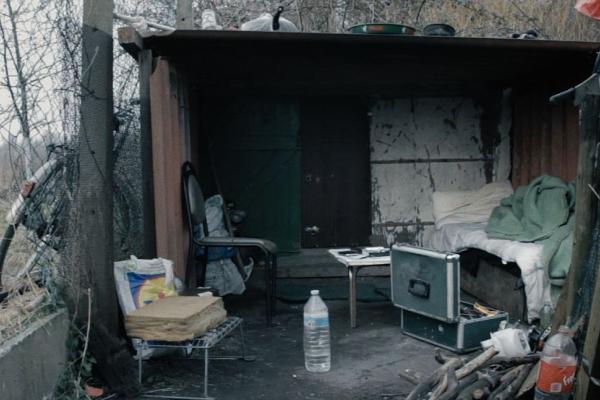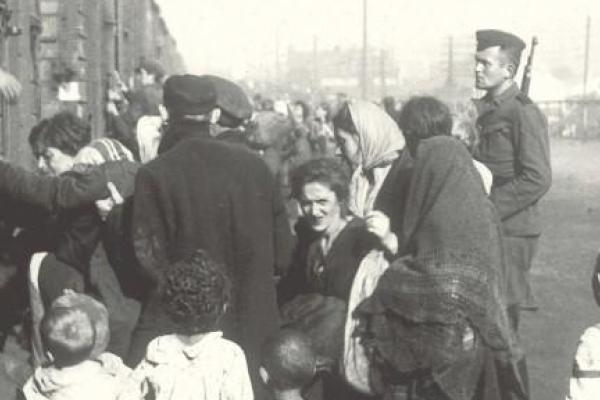This story wants to show that the desire for a better life has been around in all times and all communities. It portrays a general human feeling. Who does not want to reach this paradise?
This investigation provides historic concentrates with correct facts and figures checked by the most suited experts. In order never to forget or doubt. We interlace it with the personal stories of Belgian descendants and people that became enthralled by the migration history. To some of them the Belgian colony is pure nostalgia. To others it is still an incentive to work their way up to become president, consul, specialised doctor or renowned businessman. Even Guatemala’s biggest nature reserves are based on the Belgian land register of yore.
‘Verapaz – the first Belgian colony’ grew out of an idea of Jan Crab, through the enthusiasm of Elke Borghs and thanks to the infectious chain reaction that followed with anthropologists, professors, journalists and a heck of a graphic designer. The inspiration came from the book ‘Een kortstondige kolonie’ (A short-lived colony) by Stefan van den Bossche and the documentary ‘Tu ne verras pas Verapaz’ by An van Dienderen.
